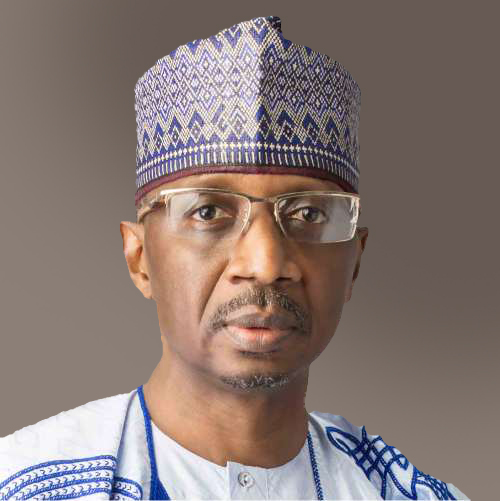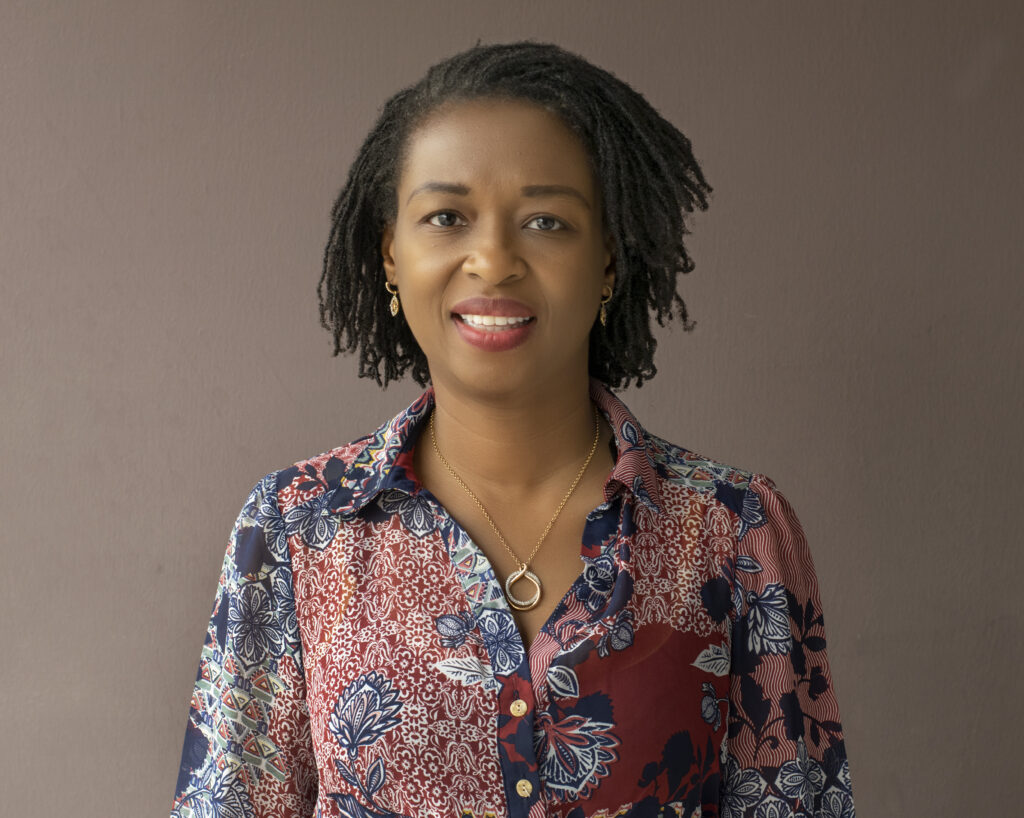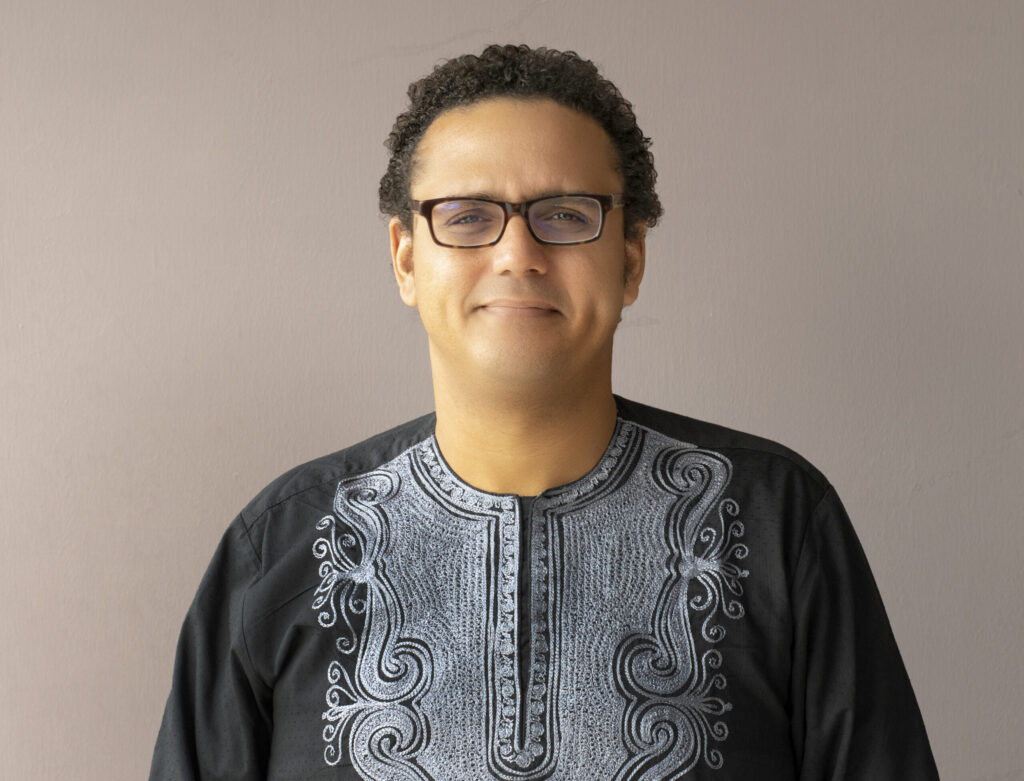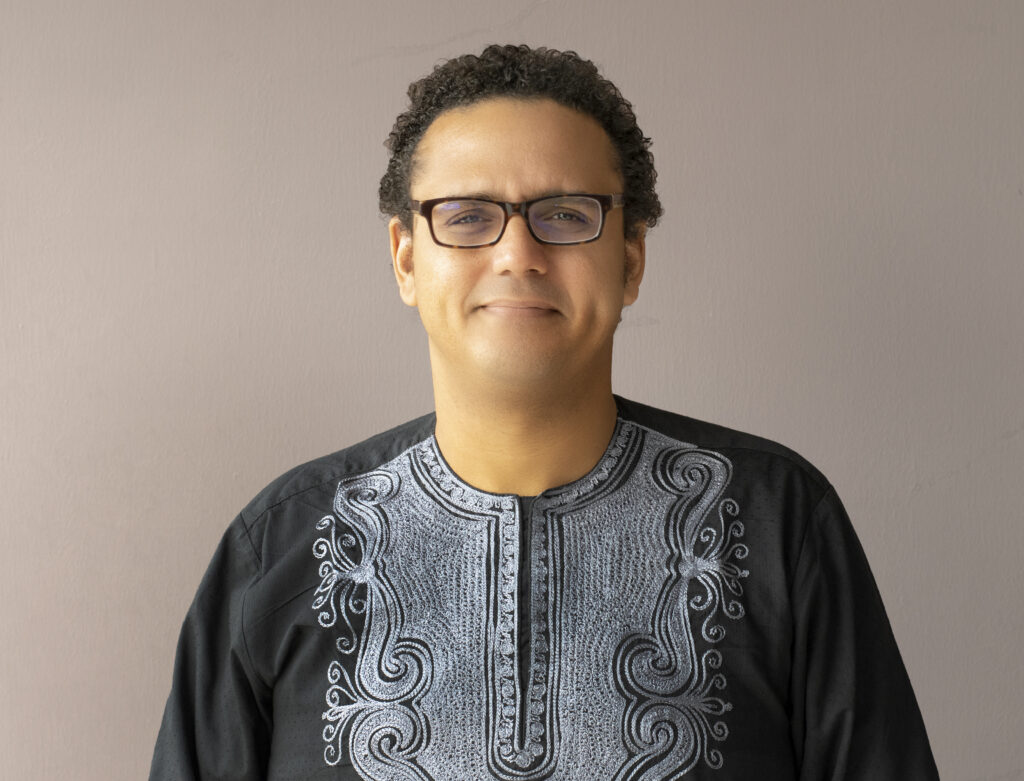
The role of the agricultural sector in any country cannot be overemphasised. Apart from being charged with the responsibility of ensuring food security among other intricate ones, there is the aspect of contributing to economic growth which innovation and agriculture in Nigeria can improve.
Role of Agriculture in Nigeria to the Economy
According to the Federal Ministry of Agriculture, Water Resources and Rural Development, the roles conventionally ascribed to the agricultural sector in a growing economy are those of:
- Providing adequate food for an increasing population
- Supplying adequate raw materials to a growing industrial sector
- Constituting the major source of employment
- Constituting a major source of foreign exchange earnings
- Providing a market for the products of the industrial sector
In order to successfully achieve this, the sector clearly needs to be invested in and a lot of creativity and innovation put into it, considering its widely spread non-attractive personality. This is why innovation is integral as far as developing the agricultural sector in Nigeria is concerned, especially since the sector has shown some improvements and is gradually getting the attention and involvement of many more people in the country.
Year on year, Nigeria’s GDP grew by 3.4% in 2021 with an estimated value of N72.39 trillion in real terms, according to the National Bureau of Statistics (NBS) 2021 GDP Report.
This is the fastest growth rate recorded in the last seven years. The last time Nigeria’s GDP recorded a growth of above 3.4% was in 2014 when the real GDP grew by 6.22% year on year. The Agricultural sector had a contribution of 25.88% to the country’s national GDP in 2021. According to data obtained from the National Bureau of Statistics.
The agricultural sector has contributed an average of 24% to the country’s GDP over the past 9 years (2013-2021), making it the biggest sector in Nigeria. Data from the world bank shows that the Agricultural sector also provides employment for about 34.97% of Nigeria’s population.
The contribution of Agriculture to Nigeria’s economy simply points out the fact that the sector is one that has a lot of potential and can yield quite a number of benefits for the country in general.
Nigeria will need to invest time and resources to make the most of it. The sector has to be made attractive for the youth especially to largely accept it. The effect on the sector is that it would help in achieving the goal of constituting the major source of employment alongside other benefits. Innovation and tech are therefore key in creating what we can term “The Modern Farm”.

Innovation is not restricted to the methods employed in running the sector but cut across the practices and goes down to the distribution of produce. This covers but not limited to:
Adaptation to changing tech trends, using tech products to ease farm work, such as farm management information systems, big data, high-roofed greenhouses, and several others. Trends change and when we refuse to move with those trends, we stand the risk of getting obsolete. We need to challenge ourselves to make the most of technology to meet up with the high demand for food and resources due to the population increase.
There are also tech tools and online communities. Some of the tools can take care of book-keeping, record farm transactions, tracking progress and being able to give accounts generally. This is pertinent especially if you ever consider taking a loan from financial institutions, there has to be a track record that may not be as accurate without a proper structure.
The online communities, on the other hand, will help farmers connect better. The expansion of the Nigerian agricultural sector depends largely on partnerships and collaborations. There is a need to connect as one community, create an online network of farmers and other stakeholders in the sector, this would not only allow for easy spread of news on innovation but create a support system as well. Information is key and tech is the way to open our eyes and ears to improved ways of doing things in the rest of the world.
Maximising the online space to facilitate smooth agro-commerce processes, by this, both farmers and consumers will be able to easily exchange service for payments. Consumers get to buy products as they want and farmers meet buyers and potential investors as well. The online market and its potentials seem largely untapped, perhaps this is a major area where the youth need to look into. How can we use innovative creations to make the job of both the consumer and the farmers easy? How can we bridge this gap?
Babban Gona has tried and still is in the process of bridging some of these gaps, we try as much as we can to pull innovative strings and maximise technology to the best of our knowledge and resources available. Some effects of technology on our processes are evident in things like our use of facial recognition to authenticate farmers, the adoption of Artificial Intelligence to analyse farm growth, nutrients, and deficiencies in crops. GPS for tracking purposes and Apps for various uses, all of which enhance our productivity and enable us to deliver maximum value to our farmer members.
This is a challenge which we all need to rise up to, one of the hallmarks of every strong agricultural system lies in its ability to increase the rate of national and economic growth, and change the hunger narrative, Nigeria inclusive. Not everyone has to be a farmer or be actively working on the farmland, one can contribute their quota in several other ways, in the form of ideas, delivering the ideas, creating innovations to make the process smoother and so on. The point is, let us not leave it to the farmers alone.
The agricultural sector in Nigeria can be a lot more than it is now, with much more returns and yields for both the farmers, stakeholders and the Nigerian Economy but we need to move past the regular way of doing agriculture and position ourselves for the future by continually employing the use of tech and Innovation.





